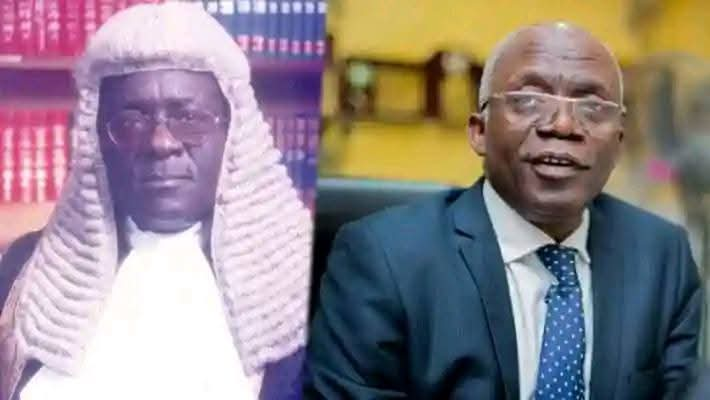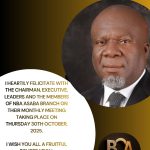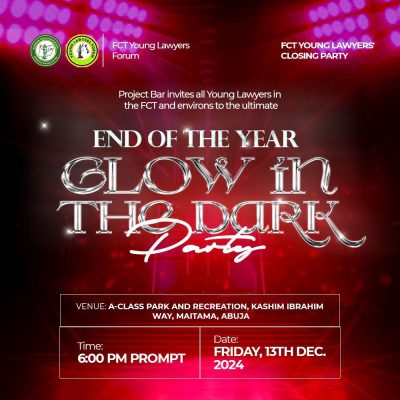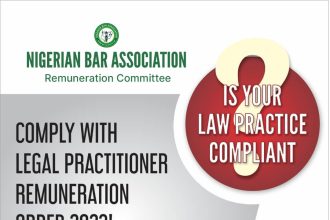The ongoing detention of Barrister Aloy Ejimakor and several others following the #FreeMaziNnamdiKanu protest in Abuja on October 20, 2025, has reignited a national conversation about the rights of lawyers to peacefully demonstrate for their clients.
Ejimakor, a well-known legal counsel to IPOB leader Mazi Nnamdi Kanu, was among those reportedly arrested during the peaceful rally calling for Kanu’s release.
His detention has sparked widespread outrage within the legal community and among human rights advocates who argue that his participation in the protest was both lawful and constitutional.
Legal analysts point out that no Nigerian law forbids a lawyer from joining a peaceful protest in defense of a client.

In fact, the 1999 Constitution of the Federal Republic of Nigeria (as amended) explicitly upholds the rights to freedom of expression and peaceful assembly under Sections 39 and 40.
These provisions guarantee every citizen, including lawyers, the right to advocate publicly for justice and fairness.
This is not the first time a Nigerian lawyer has taken to the streets in solidarity with a client.
The late Chief Gani Fawehinmi, SAN, set a powerful precedent for legal activism in the 1990s.
In June 1998, Gani Fawehinmi, who was the lead counsel to Chief Moshood Kashimawo Abiola, the presumed winner of the June 12, 1993 presidential election, marched alongside fellow activists in Lagos to demand Abiola’s release from military detention.

That protest, which included prominent figures such as Femi Falana, was a landmark moment in Nigeria’s struggle for democracy and rule of law.
Similarly, Femi Falana, SAN, has a long history of combining legal advocacy with civic activism.
His career embodies the principle that justice must be pursued not only in courtrooms but also through public engagement.
During the #EndSARS protests in 2020, Falana represented numerous young protesters whose bank accounts were frozen by the Central Bank of Nigeria.
Beyond his courtroom defense, he publicly condemned the government’s heavy-handed tactics and demanded the release of those unlawfully detained.
In 2021, Falana joined the #EndBadGovernance demonstration in Lagos, protesting economic hardship and political mismanagement.
He stood beside his son, Falz, and other activists, reinforcing the intergenerational commitment to justice.
In 2020, Falana also joined members of the Nigerian Bar Association (NBA) in protesting police brutality and harassment of lawyers in Lagos.
Earlier, in 2002, he formally protested the illegal detention of his client, Basil Akude, by the police in Onitsha, through a strongly worded petition to the Inspector-General of Police.
These examples highlight a consistent tradition within Nigeria’s legal community, lawyers standing not just as advocates in court but as defenders of civil liberties in public spaces.
Supporters of Barrister Ejimakor argue that his actions fall squarely within this proud legacy.
They emphasize that his peaceful participation in a rally seeking justice for his client should not be criminalized.
However, many observers note that when such activism involves Igbo or pro-Biafran figures, the state often reacts with a double standard.
As one activist put it, “When it comes to the Igbos, the law suddenly changes.”
The Nigerian legal fraternity, human rights defenders, and civic organizations continue to insist that the right to protest is not a privilege, it is a constitutional guarantee.
#Legallinkz









